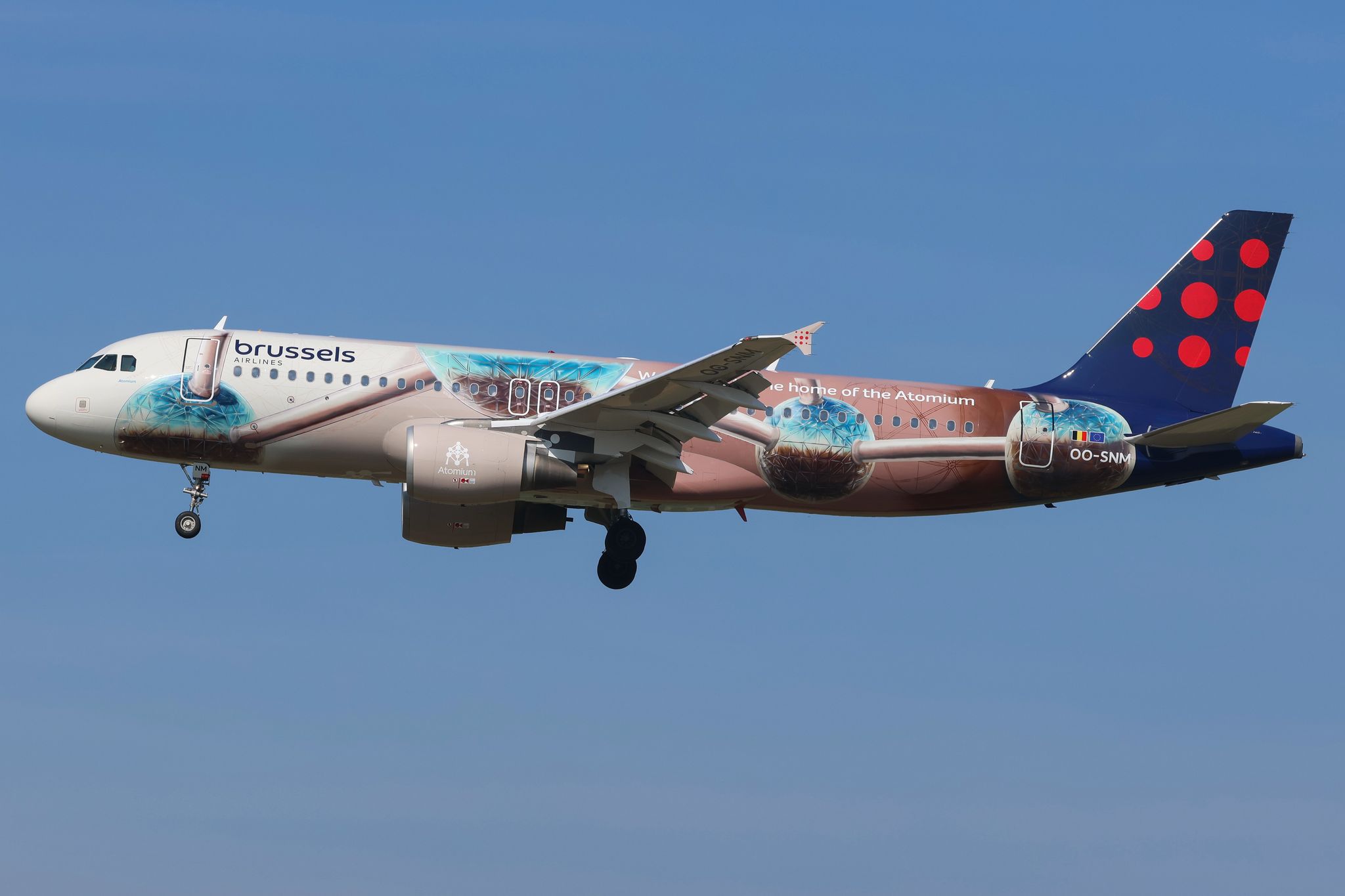The issues at the engines of the Brussels Airlines Airbus A330-200 registered OO-SFU, affected by technical problems during flight SN358 between Kinshasa and Brussels on December 11, were caused by contaminated kerosene, said a spokeswoman of the company this Friday, 28 December. An investigation must still determine the reasons for this contamination.
On 11 December, an Airbus A330-200 from Brussels Airlines had successively experienced problems on its two engines between Kinshasa in the Democratic Republic of Congo and Brussels Airport, as Aviation24.be was the first to report. The left engine had unexpectedly stopped during the flight above Algeria, before being re-ignited. Later, the right engine, in turn, also had problems during the approach of Brussels Airport. The aeroplane had finally landed safely in Belgium with its two engines running normally. It has been idle from the date of the incident until this Friday, 28 December.
Tests revealed that the problem on the left engine was related to an IT concern but also that a “contamination of kerosene” was at the root of the malfunctions of the right engine, says Maaike Andries, spokeswoman of Brussels Airlines. The investigation of the source of contamination is still ongoing, she adds.
The company has already carried out checks at the airports of Kinshasa, Douala (Cameroon) and Dakar (Senegal) but no contaminated kerosene has been detected. “It may be one single mistake,” the spokeswoman said, adding that additional controls are planned.
This Friday the Airbus A330-200 successfully made a first test flight (SN9951) above Belgium and The Netherlands since this incident. “Everything went well and the aircraft is fully operational again,” says Maaike Andries.



Contaminated fuel ? Is that so ? how many other complaints then ? It is not possible that only Brussels airlines had troubles. But this is probably the best explanation for public interest…
Luke Skywalker, do you have a better explanation? The company made an investigation. It could be biased indeed, but the Belgian AAIB will provide a final answer; let’s wait for it!